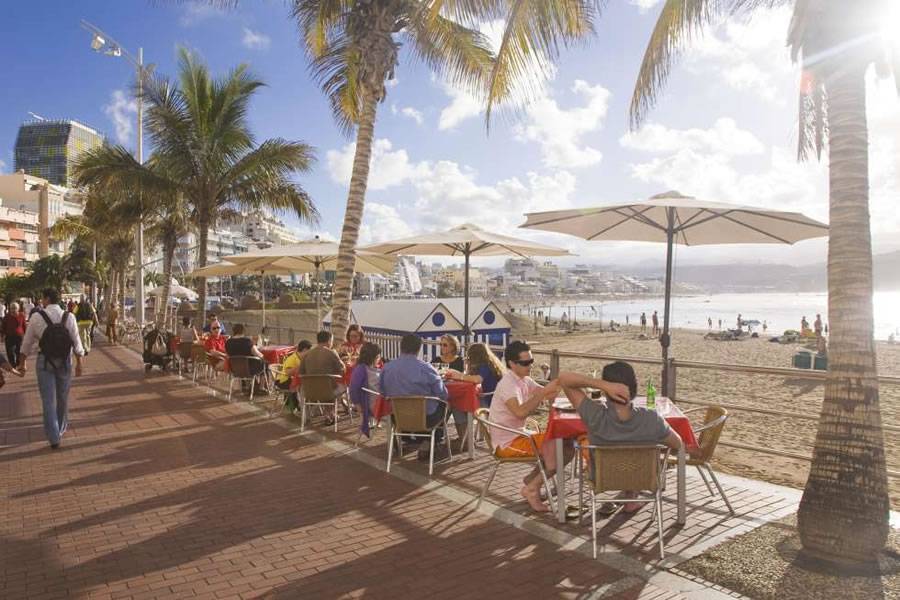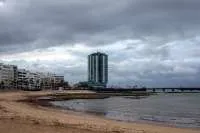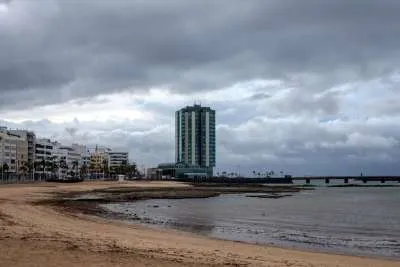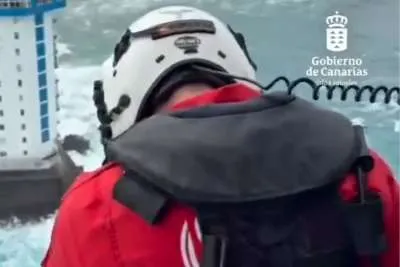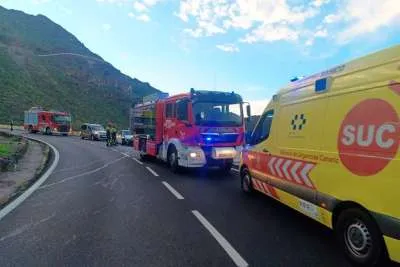The restrictions being lifted will be confirmed today by the Governing Council
- 24-03-2022
- National
- Canarian Weekly
On Tuesday, the president of the Canary Islands Government, Angel Victor Torres, announced that they are lifting all Covid restrictions in the archipelago from today, which has caused a frenzy of positivity, but also confusion as many people don’t realise that there are two types of restrictions, national and regional, and that it is not from midnight last night, as it still has to be approved in today’s Governing Council meeting.
Firstly, it will be approved as Torres announced this in parliament and not in an interview or as a passing comment, but when it will take effect is yet to be seen. Previous changes in levels or restrictions have either come in on the same day, e.g. tonight, the Friday night at midnight, or Sunday night at midnight.
It is more likely that it will be tomorrow night or later as this change will need to be officially published in the Boletin Oficial de Canarias (BOC) as it is a suspension of all restrictions with justification, not just a small modification.
Regarding the actual restrictions, the ones that will (in theory) remain are:
- Use of masks indoors (National restriction from central Government).
- Requirements to enter the country (National. Currently in place until March 31st).
- Smoking rules on terraces (National restriction and will stay as it is part of the new proposal for Smoking and Tobacco Laws).
- Social distancing (Nation al restriction).
- No dancing. (National restriction, but the Canary Islands are the only ones still implementing it).
All other Regional restrictions covering capacity allowances, closing times, group sizes, gym use, camping, sports, festivals, shows, cinemas, theatres, etc, etc, are the ones that will be lifted.
It is also expected that the ‘no dancing’ rule will be lifted as well, however, they could insist that wearing a mask is necessary for two reasons:
- When inside venues masks must be worn when not sitting down eating or drinking.
- If outside, masks are still mandatory in large crowds or when social distancing cannot be maintained.
Lastly, Torres made it clear, which is something that will be written into the publication in the BOC, that this is classed as a temporary suspension’ of restrictions, and that if the epidemiological situation worsens to a point that they are required again, they will maintain full rights to implement them.
MINISTRY OF HEALTH SUPPORT LIFTING RESTRICTIONS:
The risk of contagion by coronavirus in the Canary Islands remains very high and the epidemic curve has entered a plateau with more than a thousand new cases every day. So, what are the reasons for this decision?
The lower virulence of Sars-Cov-2 and the high vaccination rate among the Canarian population are the main reasons put forward by Public Health to suppress the regional measures to contain the virus.
“There have been many factors that have motivated the decision. The indicators of the circulation of the virus, that is, the number of new cases registered today or tomorrow, no longer give an idea of the severity of the pandemic because they do not translate into an increase in serious cases and deaths," explains the Head of the Epidemiology and Prevention Service of the General Directorate of Public Health of the Canary Islands, Álvaro Torres.
“We are not in a stage of eradication of the disease, but of controlling its effects through immunity. With the infections that have occurred and with the vaccine, the majority of the population is protected” he said.
The Ministry of Health has varied the surveillance strategy for the pandemic and, as of Monday, the isolation of asymptomatic and mild cases will be abolished and, in addition, only diagnostic coronavirus tests will be prescribed to people over 60 years of age, immune-suppressed or pregnant, and those who work or reside in vulnerable areas (health, social and health centres, hospitals, or prisons).
“The risk of contracting the virus on the islands is very high and weekly infections are around 10,000, however, the de-escalation is unstoppable. Throughout Europe there has been a stagnation in the drop in transmission and the guidelines for coexistence with Covid are being liberalized. It is logical that, when you liberalize the control measures, there will be a slight rebound, but the important thing is to see if it is linked to serious cases or to asymptomatic ones”, says García.
In any case, the possible increase in hospitalizations and serious cases, as well as the evolution of transmission, will continue to be monitored. “We cannot allow the transmission to be triggered. Living with 10,000 infections a day is not the same as living with 1,000" he concluded.
Other articles that may interest you...
Trending
Most Read Articles
Featured Videos
TributoFest: Michael Buble promo 14.02.2026
- 30-01-2026
TEAs 2025 Highlights
- 17-11-2025


